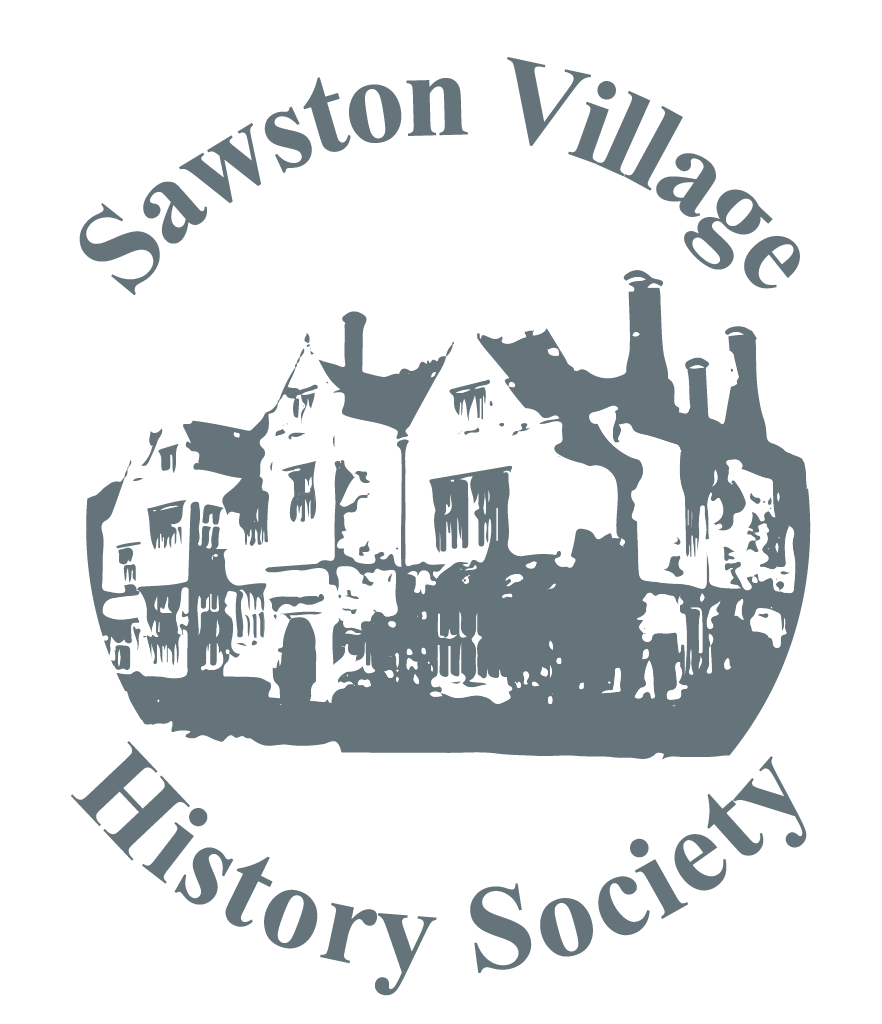
A fully illustrated talk with slides was given by Gordon Bell, and covered various military intelligence and spying activities during World War II in our region. Most were organised by the SOE or Special Operations Executive which was the British Intelligence Service, together with the American organisation, known as the OSS or Office of Strategic Services.
The main thrust of the talk was a virtual tour of local sites that made important contribution to the wartime spying and espionage by both the British and Americans.
Gordon opened his fascinating talk with a survey of the vital code-breaking activities at Bletchley Park, where, amongst many other talented people, worked the famous Alan Turing and lesser-known Gordon Welchman. The German Enigma encoding machine was explained in some detail. It was produced in a number of different versions, which had four or more rotors to encipher messages. Having been encoded, the messages were then sent out in morse code. The key code was changed daily at midnight, which meant that there were many thousands of possible new codes to be broken every day. To aid in solving this serious problem, a new device known as a Bombe was produced aiming to simulate 12 Enigma machines. It was made by the British Tabulating Company at Letchworth.
There was also an encoding machine with 12 rotors known as Lorentz, and to decode it a special code-breaking machine, called Colossus was designed by the Post Office Research Dept. at Dollis Hill. Colossus machines were mostly operated by Royal Navy Wrens, and proved to be very effective in code breaking.
Gordon went on to talk about various sites where intelligence and other military activities were located. Included in these sites were Rothamsted Manor, Bedford Corn Exchange where the BBC were based during wartime, the Old Sugar Loaf in Dunstable which was an assessment and interview centre, RAF Chicksands, a Y station, and RAF Cardington where barrage balloons were produced. Many forged documents for spies were printed at Waterlows of Dunstable. The English School of Cryptography was based in Bedford, and in Sawston, of course, Sawston Hall was the operations centre for the American air force in the region. One curiosity referred to was the bus shelter in Wingrave that contains a plaque commemorating the presence in Wingrave of the Czechoslovak Government during the war.
For photographic reconnaissance a modified version of the Spitfire was used. The main aircraft used for dropping agents behind enemy lines were the B24 Liberator flown at low level by the Americans and the Lysander for British operations, which often actually landed in occupied Europe to deliver or collect agents. To speed up such a transfer process, Lysanders were sometimes fitted with ladders to ensure quick landings and take-offs.
Tempsford Airfield was frequently used as the UK base for this work, and here too was Gibraltar Farm Barn where the agents were issued with their equipment. Agents who passed through this barn included Violette Szabo, a widely revered spying heroine, and two French agents who later became Presidents of France, namely, Auriol and Mitterand. Gordon ended his very informative talk with tributes to Alan Turing and Violette Szabo.
Alan Turing was a brilliant Cambridge mathematician whose work in code-breaking at Bletchley Park is widely recognised. Sadly he committed suicide in 1954 largely due to his homosexuality, which was then illegal. However, he was pardoned in 2013.
Violete Szabo, who was only 23, was awarded the George Cross for her spying activities in wartime Europe, but she was caught and later executed by the Nazis. In tribute to her, Mary Dicken was asked to read out a very moving short poem written by Leo Marks of SOE. It is repeated below.
The Life that I have is all that I have
And the life that I have is yours
The love that I have of the life that I have
Is yours and yours and yours.
The sleep I shall have, a rest I shall have
Yet death will be but a pain
For the peace of my years in the long green grass,
Will be yours and yours and yours.
Jim Wilson